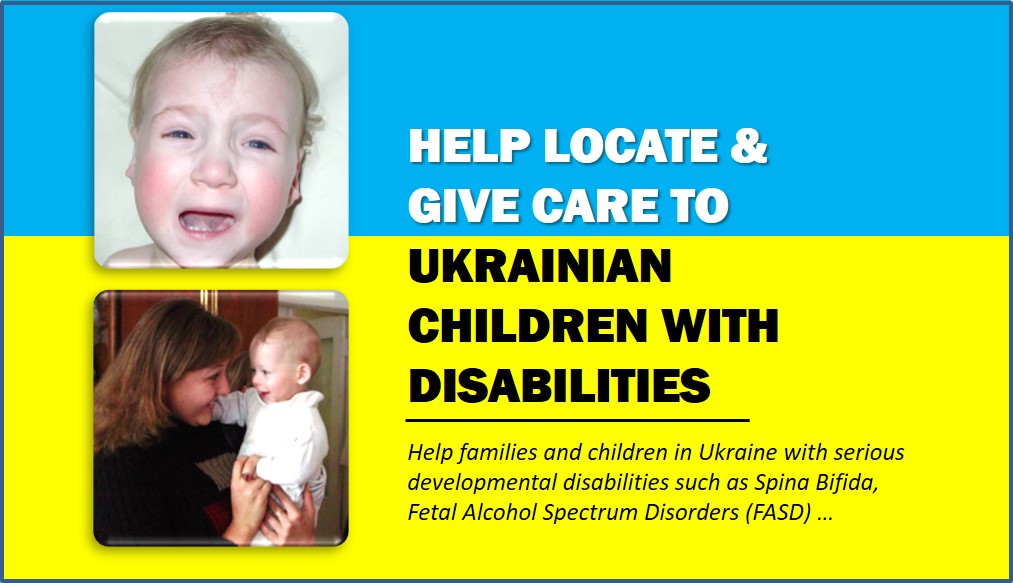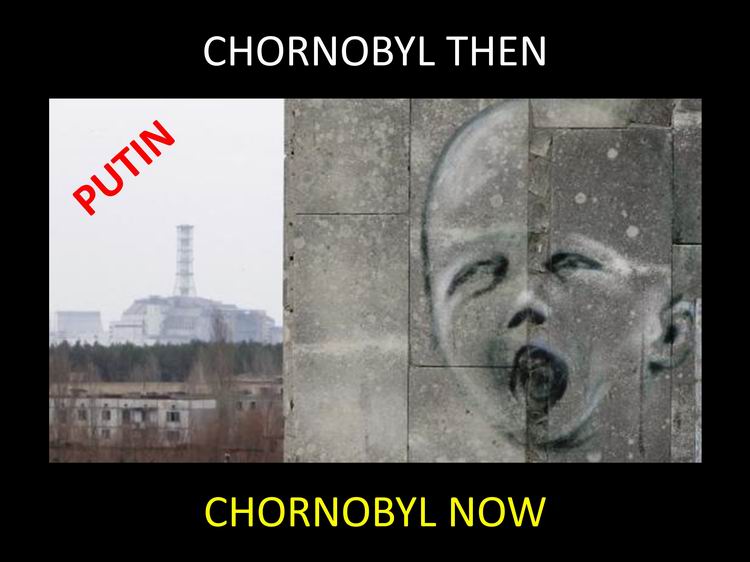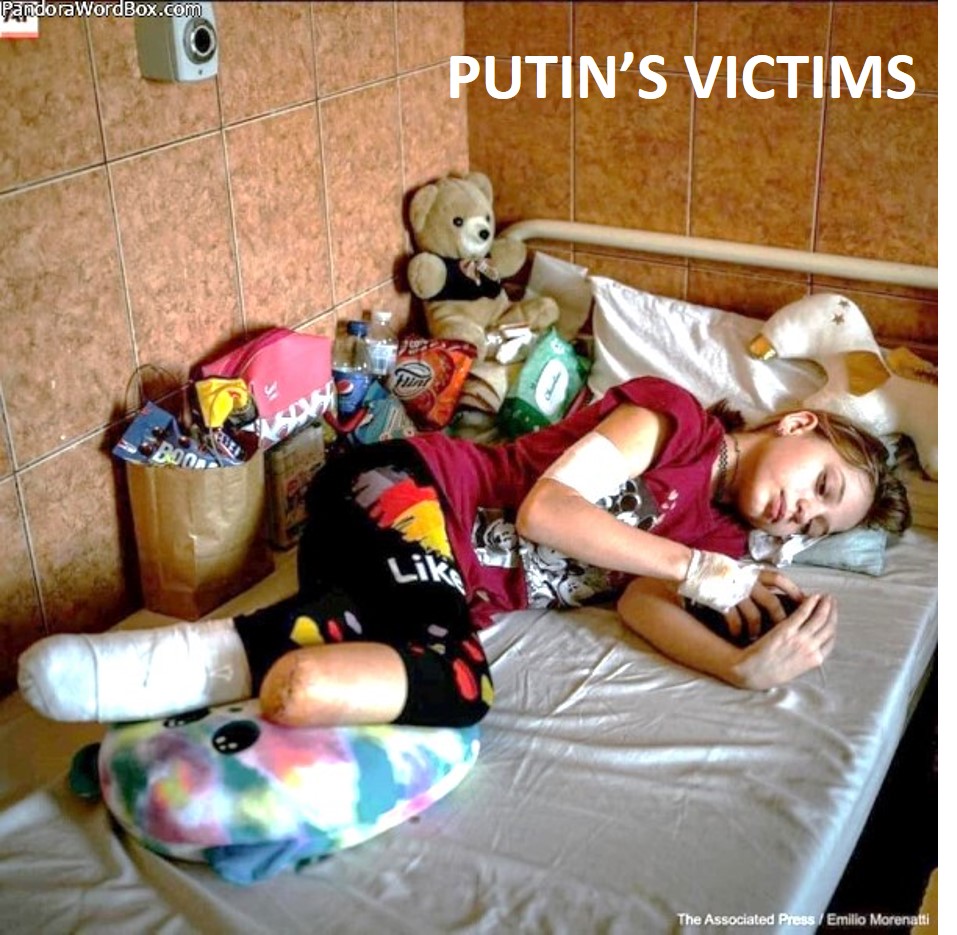 |
||
| Extract from: American Journal of Medical Genetics 33:522-536 (1989). Requests for Reprints University of South Alabama, College of Medicine,
| ||
Part 2
Perhaps the story about this man should be written in a detached way, akin to a perception of mountains that reveal their majesty softened by distance and the mists of time. That task I leave to those who have not known Dr. Warkany personally. This story is written by a friend who could not have become an adversary. Perhaps the view is narrow, but it is close to the mountain and I hope I can bring others to discover their own vistas.
What follows is a collage of thoughts, mostly from passages extracted from the voluminous writings and speeches by Dr. Warkany (a complete bibliography can be found in Warkany [1988a], and subsequent contributions are listed in the References) [Dignan and Warkany, 1989; Warkany, 1988a,b, 1989a,b]. The quotations cited are signals of cardinal views, samples of linguistic virtuosity, notations of feelings and concerns that are characteristic of this man. Readers can remedy shortcomings by consulting the bibliography. The responsibility for my temerity in undertaking this task I transfer to those that Dr. Warkany lists as "my best friends and younger mentors," Drs. Robert L. Brent, Robert Miller, Kurt Benirschke, Jack Rubinstein, Peter Dignan, Clarke Fraser, Harold Kalter, and many others. They encouraged me to commit to print thoughts which I expressed earlier during a recent tribute to Dr. Warkany.
I address Dr. Warkany as Don José, a Spanish term I have bestowed on him because it denotes dignity, affection, and respect for those whose blend of knowledge and living philosophy becomes a source of knowledge and strength to others.

With the author during the "Josef Warkany Symposium" (Cincinatti 1988). |
It is with evident pleasure that Don José recalls his teacher of psychiatry, Dr. Julius Wagner-Jauregg, whom he describes as a "dry and down-to-earth physician, a stable investigator who taught well the right concepts ... and who deserved the Nobel prize he received in 1927 for his studies of malarial therapy of syphilis." To recognize the core of a dilemma is a talent that was nurtured in Don José during his student years in Vienna. He credits in particular Dr. Clemens von Pirquet, recalling that while studying the pupillary reflexes of children with tuberculous meningitis, he was admonished "... study something of importance ... find out why these children die." His writing style Don José attributes to Dr. Alfred F. Hess, the first American colleague he met upon arrival to New York from Vienna on January 1, 1932. The Warkany style and philosophy burst forth free and are most palpable in the leading chapters of his book Congenital Malformations, Notes and Comments [Warkany, 1971]. Few authors can worship science, preserve the unknown from speculations, and yet remain poetic in style.
In an era of books reflecting collective views, Congenital Malformations, Notes and Comments offers a singular statement of classic character. Facts are enriched by precepts without detriment to the unknown because Don José does believe that "... ancient history ... does not teach us much about the origin, prevention or treatment of congenital malformations ... but it tells us a great deal about the human mind ... its reactions to unexplained phenomena ... man insists on an explanation ... does not wait until science gives him a satisfactory answer." The reader is warned that "there is less need for imagination than facts ... therefore, I have omitted explanations and theories that are unproven...." But while clearly devoted to facts and aloof from speculative systems, Don José is also realistic and cautious:
"It is not easy to define the borderline between a superstition and a theory ... both are based on a disproportion between knowledge and belief ... we must be aware that we can create new superstitions in place of the old ... to blame, without proof, congenital malformations on faulty DNA, RNA, mutant genes.... Considerations of the past have shown how inflexible such statements become once written in clay tablets, papyrus or paper ... and if the reader is also the writer of popular journals ... beliefs are carried to millions ... the whispered word is powerful but the written word endures ... as long as beliefs are treated as unproven hypotheses that stimulate research and experimentation, they are useful and necessary ... if they are stifling the work of others who have different theories, they may become superstitions even if expressed in the most modern multifactorial and statistically cloaked scientific terms ... superstitious explanations can coexist with naturalistic and scientific views. In our own time we have witnessed ... the Third Reich ... but let there be no mistake ... as long as we cannot explain to a mother why her child is deformed, she will retain her own explanation."
Gallery of Etchings by Dr. Josef Warkany






